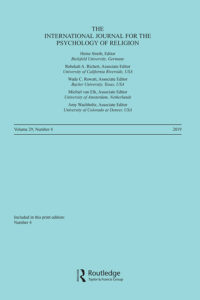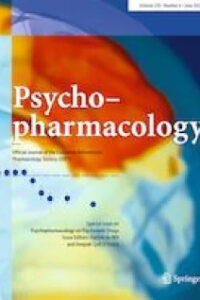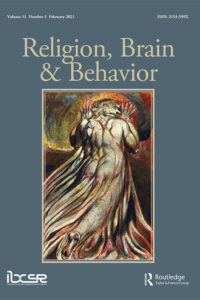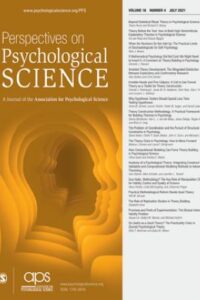Comments on the article by Eiko I. Fried (see record 2021-06995-001). Fried’s paper is a thorough discussion of the consequences of the lack of (explicit) theory in areas of psychology that make routine use of factor and network models. One thread running through the paper is the all-important contrast between statistical models and theoretical models: models of relations between measured or observed variables vs causal models of the underlying systems. For Fried, the primary aim of theory in psychology is to help “explain, predict, and control phenomena” (p. 271), not to provide (statistical) models of data. A good theory is formalized, explanatory, predictive, and theorist-independent; also, it should generate consequences for nonactual situations. A theory that lacks one or more of these virtues is more likely to lead to invalid inferences from data and less likely to create the conditions for theory to fail in informative ways, so as to be revised in the direction of greater verisimilitude
Theory development requires an epistemological sea change




